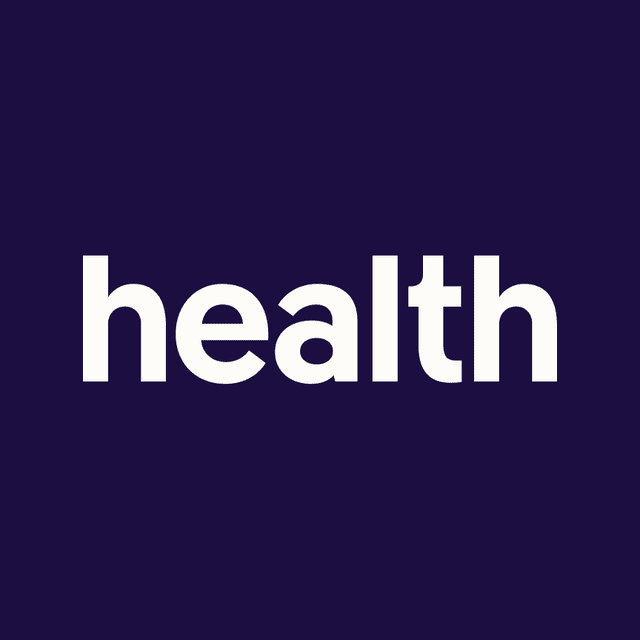HYPERTENSIVE PATIENTS NOT ADEQUATELY TREATED –WHO

The first-ever report on the devastating global impact of high blood pressure by the World Health Organisation released on Tuesday has shown that approximately four out of every five people with hypertension globally are not adequately treated, Punch Newspaper reports.
The report was launched during the 78th Session of the United Nations General Assembly, which addressed progress for the Sustainable Development Goals including health goals on pandemic preparedness and response, ending tuberculosis, and attaining Universal Health Coverage.
It showed that approximately four out of every five people with hypertension are not adequately treated, but if countries can scale up coverage, 76 million deaths could be averted between 2023 and 2050.
The report revealed that hypertension affected one in three adults worldwide, and the deadly condition leads to stroke, heart attack, heart failure, kidney damage, and many other health problems.
“The number of people living with hypertension (blood pressure of 140/90 mmHg or higher or taking medication for hypertension) doubled between 1990 and 2019, from 650 million to 1.3 billion. Nearly half of people with hypertension globally are currently unaware of their condition. More than three-quarters of adults with hypertension live in low- and middle-income countries.”
“Older age and genetics can increase the risk of having high blood pressure, but modifiable risk factors such as eating a high-salt diet, not being physically active, and drinking too much alcohol can also increase the risk of hypertension.”
“Lifestyle changes like eating a healthier diet, quitting tobacco, and being more active can help lower blood pressure. Some people may need medicines that can control hypertension effectively and prevent related complications,” it noted, it read.
The report stated that the prevention, early detection, and effective management of hypertension were among the most cost-effective interventions in health care and should be prioritised by countries as part of their national health benefit package offered at a primary care level.
It said the economic benefits of improved hypertension treatment programmes outweighed the costs by about 18 to one.
“Hypertension can be controlled effectively with simple, low-cost medication regimens, and yet only about one in five people with hypertension have controlled it,” said the WHO Director General, Dr Tedros Ghebreyesus.
“Hypertension control programmes remain neglected, under-prioritised and vastly underfunded.”
“Strengthening hypertension control must be part of every country’s journey towards universal health coverage, based on well-functioning, equitable and resilient health systems, built on a foundation of primary health care.”
WHO Global Ambassador for Noncommunicable Diseases and Injuries, Michael R. Bloomberg, said, “Most heart attacks and strokes in the world today can be prevented with affordable, safe, accessible medicines and other interventions, such as sodium reduction.”
“Treating hypertension through primary health care will save lives, while also saving billions of dollars a year.”
